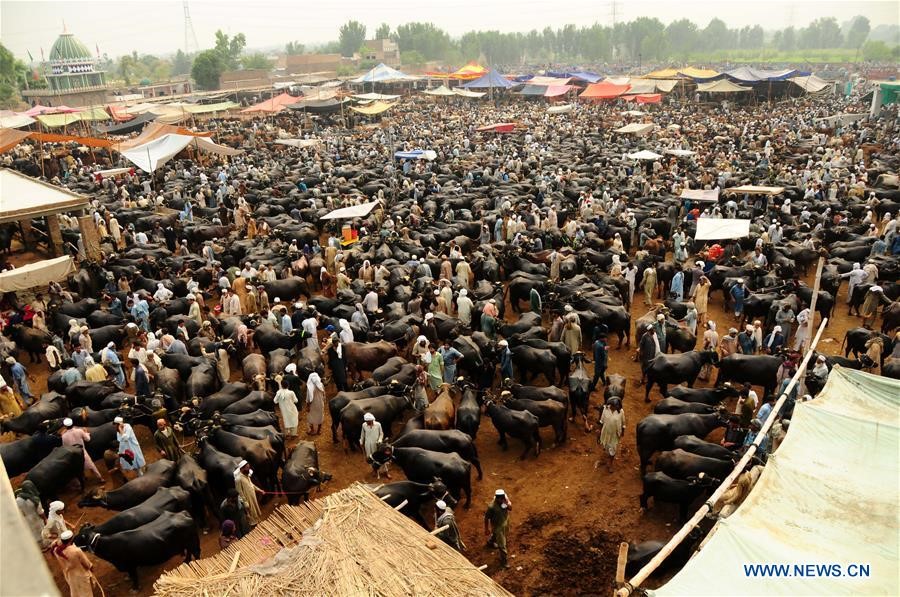The long and rich experiences in mutual and historical interaction between Africa and the Middle East, the cultural, political, and social relations between the two regions,
The impact of animal diseases, especially those known as transboundary animal diseases (TADs), remains one of the main causes of the poor performance of the livestock production sector and the growing gap between supply and demand for food of animal origin,
The importance of animal disease prevention programs, which requires a large-scale national and international investment for the sake of favorable health situation in both regions and the economic and social benefits this investment may provide,
Therefore, compliance with and maintenance of WOAH international standards for trade in animals and animal products are major constraints for countries to enter successfully into the international and regional trade.
There is a need for WOAH members to establish a common, stronger, and strictly defined strategy to actively strengthen inter-regional solidarity in the field of Veterinary Services and safeguard their national livestock and public health, to find joint solutions to accredit the quality of inter-regional trade certification on animals and animal products, based on:
The implementation of WOAH standards and concrete measures in both regions, to more effectively control animal diseases, improve and protect public health and stimulate access to regional and international markets in animal and animal products,
Establishment of solid cooperation between veterinary services of neighboring countries to manage TADs on a permanent basis,
Maximum utilization of available national and development partner’s resources to continue the sustainable capacity building of the Veterinary Services, including private veterinarians, and thereby improve the general health of the countries, especially for TADs, in order to both alleviate poverty and promote trade in compliance with WOAH standards guidelines and recommendations.
